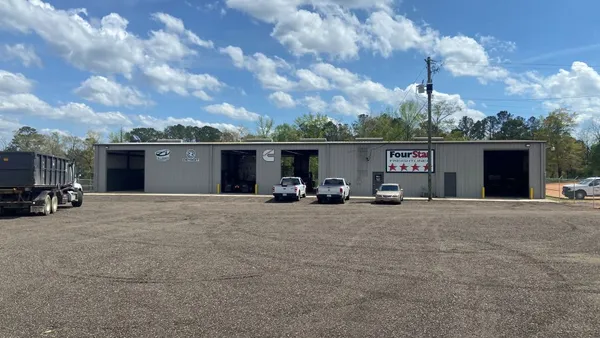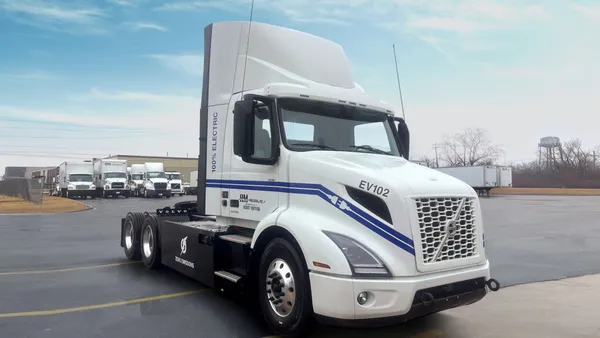When it comes to buying new or used Class 8 vehicles now, the landscape is unforeseeable yet full of opportunity. Fleet managers have much to consider, and Don Ake, VP of commercial vehicles for FTR, said that in these uncertain times, they are wise to manage their risk.
"Much depends on what region they’re in, what business and what freight they haul," Ake said. "The key factor is how confident they feel about freight volumes going forward over the next few months."
The pandemic hit just after 2019 had ended on a low note for many carriers. Freight growth "disappeared off the map," said Steve Tam, VP of ACT Research. It created the perfect storm.
"Conditions at the end of 2019 set this year up to be even more challenging. With COVID[-19], everything came to a grinding halt," Tam said.
"The key factor is how confident [fleet managers] feel about freight volumes going forward over the next few months."

Don Ake
VP of Commercial Vehicles for FTR
Some trucking companies began unloading assets as a way to offset financial damage, adding extra inventory to the used-truck market. Ryder, for instance, offloaded more than 6,000 vehicles in the second quarter.
While the pandemic’s impact on transport was massive in Q2, there’s been a bit of a stabilization over the summer, Ake said. "The industry went through a lot of pain and uncertainty with the shutdown, but we’ve started to see a change in that sentiment over the past couple of weeks," he said. "Things are starting to look better, but there’s still volatility with the virus and hot spots around the country."
Bargain hunting begins
If a fleet is large enough and was well managed through the economic downturn — and is fortunate enough to have a steady flow of freight right now — it is likely making enough money and, therefore, its buying patterns won’t vary much from past years, Ake said. "The risk isn’t as great," he said, adding that a weaker fleet may not have the profits to buy new equipment.
New truck sales in North America through July were down 40% compared to the same period in 2019, according to Tam. Sales for full year 2020 are expected to be down 39%, compared to full year 2019. "That’s a big downturn," Tam said. "But when the shutdown occurred and manufacturers couldn’t make new trucks, that put a dent in the availability."
The result, said Tam, is that fleet managers and owner-operators have been bargain hunting. "If they can’t find a deal on new, they turn to used instead," he said. "That happened in spades in June."
Interested buyers can look out for relatively newer trucks with low mileage at a favorable price. "If they can buy a three-year-old truck at $85,000 instead of $150,000 — potentially with a warranty — they will invariably go that direction," said Tam.
"If they can’t find a deal on new, they turn to used instead."

Steve Tam
VP of ACT Research
Ake noted this as well. "Used trucks are attractive right now because there’s some good, diverse inventory," he said. "Supply is better than demand. So, you can find the trucks you need and prices are low."
ACT Research found that from May to June, the used truck market expanded by 50%. Prices remain low, but costs are expected to go up. Tam said the firm believes prices will rise to about where they were in December 2019, as demand drives up prices.
New, used or nothing
For cash-strapped haulers, however, the temptation exists to stretch the life cycle of their used assets. "Replacement doesn’t have to happen at a particular time with used equipment. So, if buyers don’t have stable freight volumes, they will reduce their risk by not buying," said Ake.
On the new side, there are bargains, too. "Dealers may be overstocked from overbuilding last year combined with the pandemic," Ake said. "This leads to good prices and with interest levels so low, financing is attractive."

Fleets can take advantage of the current conditions to hunt for new or used trucks. "In the used market, prices are still down, 15%, year over year," Tam said. "This will likely become less and less negative as we head toward the end of the year, however. My advice would be to buy sooner rather than later," as prices are likely to increase.












